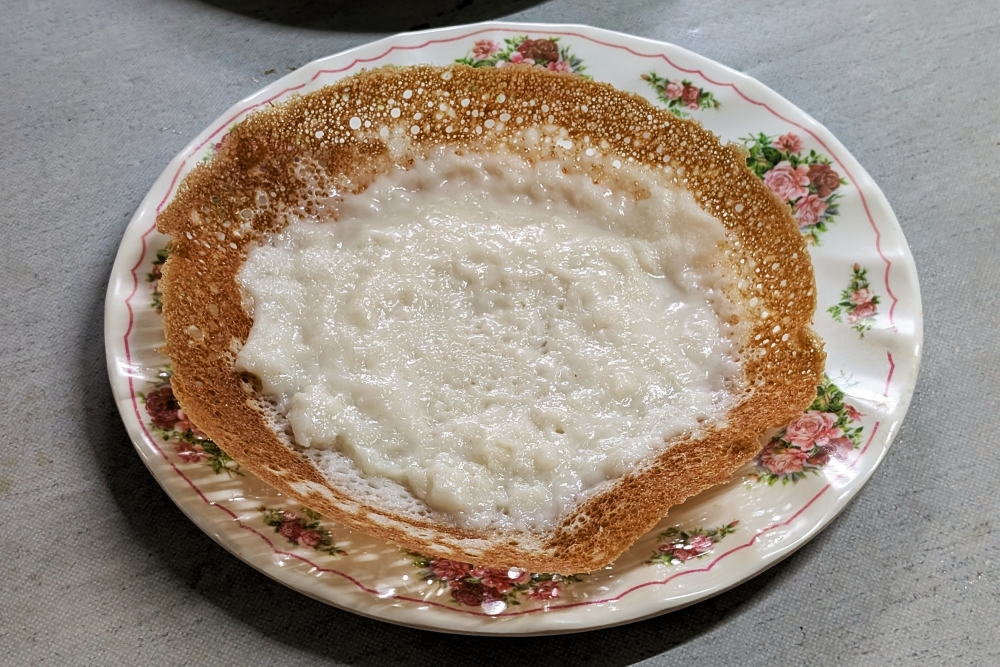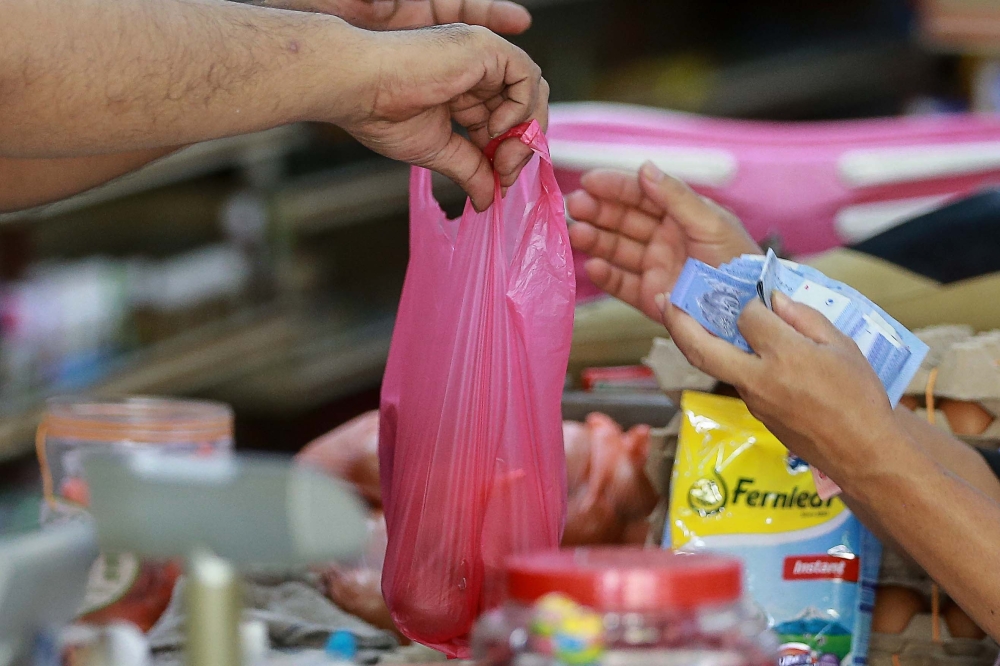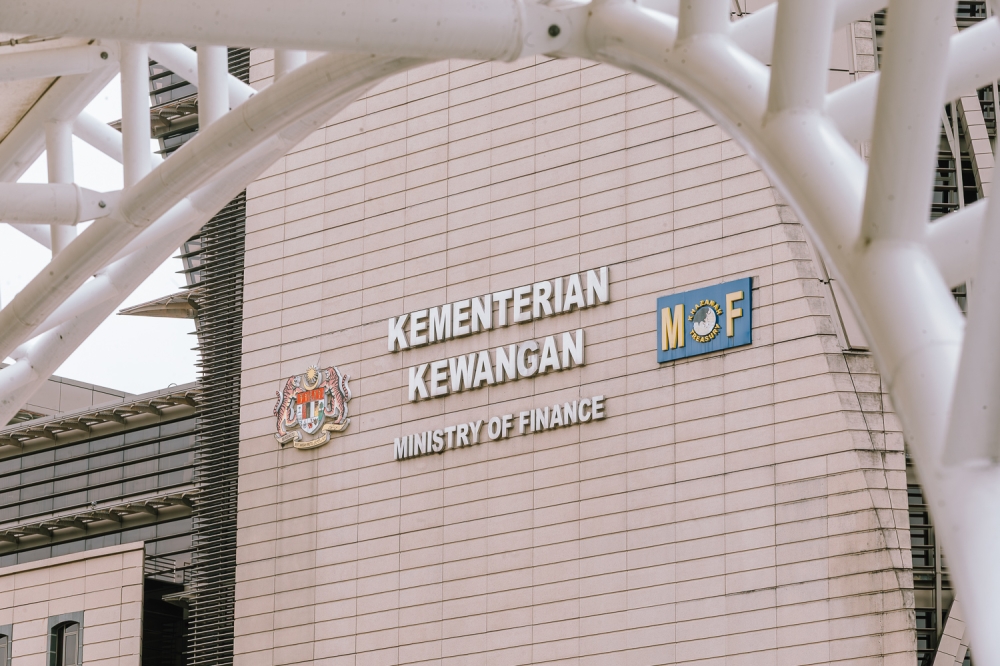KUALA LUMPUR, Nov 15 — Malaysians have a fairly good understanding of what violence against women (VAW) is but less than half of the respondents support gender equality, a recent study by rights group Women’s Aid Organisation (WAO) has shown.
The report from the study launched today found that just 46.3 per cent of Malaysians polled support gender equality while 52.7 per cent of respondents opposed to violence-endorsing attitudes.
Worryingly, the survey found that 53.3 per cent of respondents believed that domestic violence is a “normal” reaction of stress or frustration, and 43 per cent believed that a woman can make a man so angry that he hits her when he does not mean to.
Additionally, 30 per cent believed that women who flirt often are to blame for causing their partners to hit them out of jealousy, while 26.5 per cent believed that domestic violence is “forgivable” if the perpetrator is so angry that they lose control.
“These suggest that there are still circumstances for which VAW is acceptable such as when perceived as an emotional gesture, or in the event the victim has behaved in a way that triggers the abuse.
“Malaysians also tend to underestimate the complexity of abuse, with 37.1 per cent of the survey population believing that it is not as hard to leave an abusive relationship, and 44.9 per cent who believe that women who stay with their abusive partners, are also responsible for the ongoing abuse,” the group said in a statement.
Other findings showed that while 83.4 per cent of respondents believed that rape happens when a man cannot control his desires, 51.3 per cent felt such sexual crimes happen due to the way a woman dresses.
Malaysians however showed less knowledge pertaining to cyber harassment, stalking and controlling behaviour with 11 per cent of them considering controlling behaviour as not a form of domestic violence.
On the bright side, 70.3 per cent of respondents were strongly opposed to child marriages which is still allowed under Shariah law, civil and customary laws in Malaysia where girls aged 16 and 17 are allowed to marry under certain circumstances.
In response, WAO listed nine recommendations to tackle VAW, which included increasing public understanding, actively challenge underlying violence-endorsing attitudes that help to sustain VAW, and political will to combat child marriages and female genital mutilations.
The study included 1,000 participants from the Malaysian population administered via an online survey company, Ipsos.
It was done with support from the Global Fund for Women, Yayasan Sime Darby, contributions from a panel of five Malaysian academic experts, and sixteen VAW survivors.
















.jpg)


